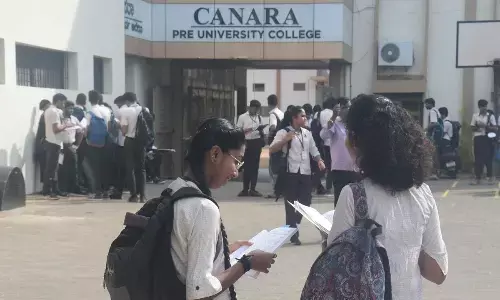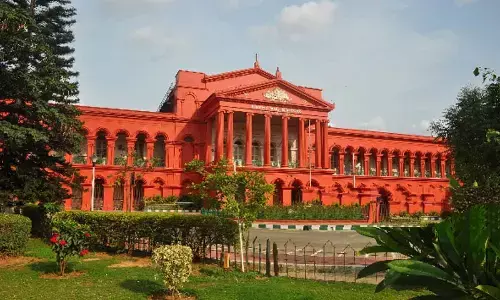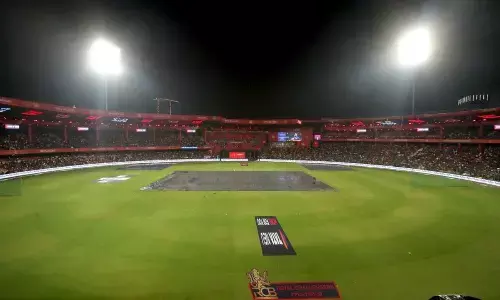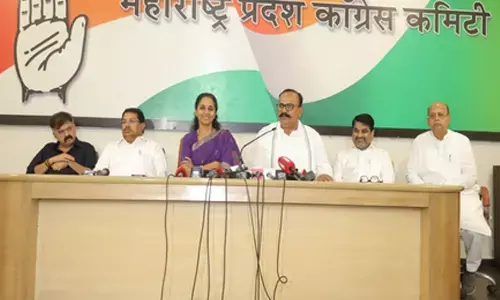Time to settle tricky retro taxation issue
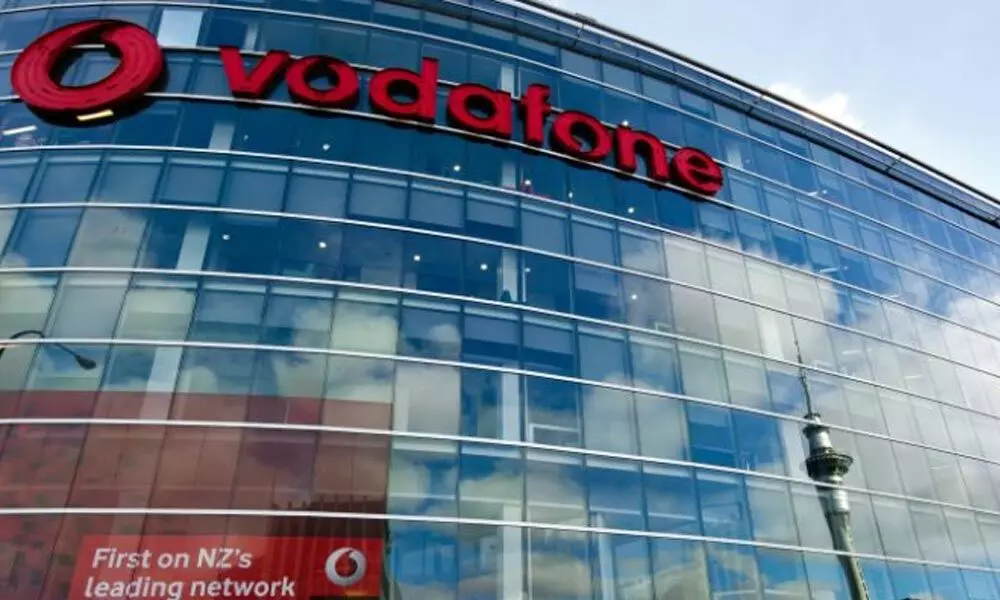
Time to settle tricky retro taxation issue
The controversial retrospective taxation issue came to the fore yet again after British telecom giant Vodafone last week won arbitration award at The Hague-based Permanent Court of Arbitration against the Indian government in a long-pending Rs 20,000 crore tax dispute
The controversial retrospective taxation issue came to the fore yet again after British telecom giant Vodafone last week won arbitration award at The Hague-based Permanent Court of Arbitration against the Indian government in a long-pending Rs 20,000 crore tax dispute.
This tax dispute dates back to 2007 when Vodafone bought 67 per cent stake for $11 billion in Hutchison Essar, a joint venture of Hong Kong-based Hutchison Whampoa and India's Essar group. Post the deal, India's tax authorities issued a notice to Vodafone asking why it did not deduct tax on the transaction. Subsequently, the dispute landed in courts and Bombay High Court ruled in favour of the tax authorities. Thereafter, Vodafone approached the Supreme Court which ruled in favour of the telecom operator in January 2012.
Following this, the then United Progressive Alliance (UPA) government at the Centre brought in amendments to tax laws with retrospective effect in March that year to overturn Supreme Court orders. Under the amended laws, the tax authorities served a tax notice to Vodafone in 2013, demanding an immediate payment of Rs 14,200 crore. Interestingly, the initial tax demand was for Rs 11,792 crore. But with penalties and interest charges, the amount has since increased to over Rs 20,000 crore.
This tax dispute is a complex one. Vodafone acquired majority stake in Hutchison Essar through an indirect route. Vodafone's Dutch subsidiary bought majority stake in Hutchison Essar's holding firm which has its registered office in the tax haven Cayman Islands, from Hutchison Whampoa. That means ownership of the holding company of Hutchison Essar changed, not that of the telecom operator. The dispute arose over whether the Indian tax authorities could collect capital gains tax on such indirect transfer of ownerships. SC maintained in its 2012 judgment that capital gains tax could not be collected on such transactions.
However, the 2012 amendment to tax laws brought in by the then Finance Minister Pranab Mukherjee provided the way for capital gains tax on such transactions retrospectively. But global investors and companies raised objections over the amendments and retrospective taxation. The BJP-led National Democratic Alliance (NDA), which was in Opposition when the amendments were enacted, stoutly opposed the move. It maintained a similar stance after it was voted to power in 2014. The then Finance Minister Arun Jaitley assured investors that the NDA government would not make any changes retrospectively that would foist fresh liabilities on companies and business deals. It also set up a panel to examine such cases arising out of the 2012 amendment.
As the NDA opposed the tax amendments when it was in opposition and when it came to power, it's better the Modi government honours the last week's arbitration award and provides relief to Vodafone. It should also amend the tax laws again to see that the no retrospective taxation would be levied on indirect acquisitions. That will send positive signals to the global investors. It's time the Modi government takes proactive steps on the controversial retrospective taxation.



